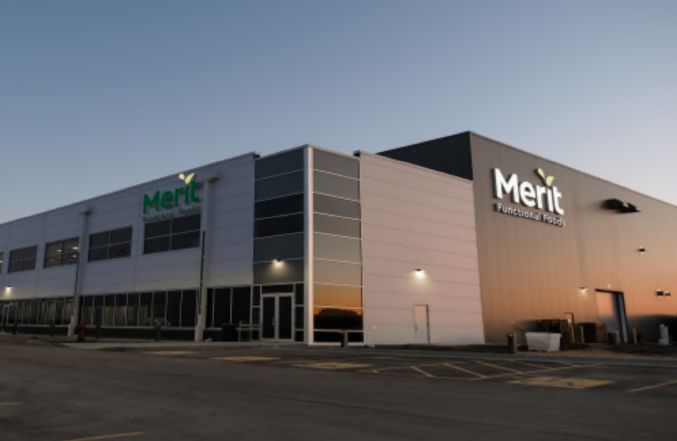There is still no news regarding a buyer for the assets of distressed plant protein processor Merit Functional Foods, more than five months after it went into receivership.
Receiver PricewaterhouseCoopers (PwC) had aimed to select a bidder for Merit’s pea and canola protein processing plant in Winnipeg by April 28, but has not provided an update on the sales process since.
Vancouver-based Burcon Nutrascience—which developed the protein extraction technology utilized by Merit Functional Foods and owns a 31.6% share in the distressed company—has been in “constant contact” with PwC but could not share any news during the firm’s first quarter earnings call on Monday afternoon.
Asked for an update by a frustrated long-term investor, Burcon CEO Kip Underwood said: “You are right in that the process is taking much longer than they [PwC] had communicated, but all we can do is stay close with them.
“The Merit Functional Foods assets are purpose built for our technology, so going forward, we are still seeking opportunities to partner with someone to buy the assets and/or to partner with whoever buys the assets.”
Hemp and sunflower protein potential
Asked about potential new sources of revenue for Burcon, which generated no revenues from royalties in the latest quarter following the demise of Merit Functional Foods, Underwood stressed that Merit was not Burcon’s sole route to market. Burcon is exploring several opportunities to license its IP, which covers extraction technology for a range of plant proteins including pea, canola, soy, sunflower, and hemp.
According to Underwood: “There continues to be a push in the market towards premium specialty protein ingredients. During the quarter, we successfully completed end-to-end validation trials for our sunflower protein process, which is now commercially ready for scaling.”
While sunflower is the world’s third largest oilseed crop behind soy and canola, it isn’t a major player in the plant-based protein arena, yet, in part due to technical challenges around getting at the protein. However, Burcon claims that its patented technology can produce high purity (>90%) sunflower proteins with a neutral color and exceptionally bland flavor from the by-product (pressed cake) of sunflower oil production.
“Not only does our sunflower protein have the potential to tap into a new category of protein isolates, it also exhibits a health halo that consumers want,” claimed Underwood. “It is non GMO, non allergenic and a source of healthy, clean label protein that food formulators love.”
He added: “We are also very excited about hemp protein isolate for a couple of reasons. First, we have a fantastic partner [HPS Food and Ingredients Inc] that can help us get to market quickly. Second, it is new to the world technology in the part of the plant-based food ingredients space that is brand new, so we have the opportunity to define a category.”
Cash runway expected to last until February 2024
Burcon, which posted a net loss of CAD $1.9 million ($1.4 million) in its latest quarter, is exploring alternative revenue streams including government grants and subsidies. It is also offering its Winnipeg technology center as a contract research facility, said Underwood, who completed a non-brokered private placement for $3.4 million ($2.6 million) in May.
“Our current cash runway is projected to last until February of 2024.”





